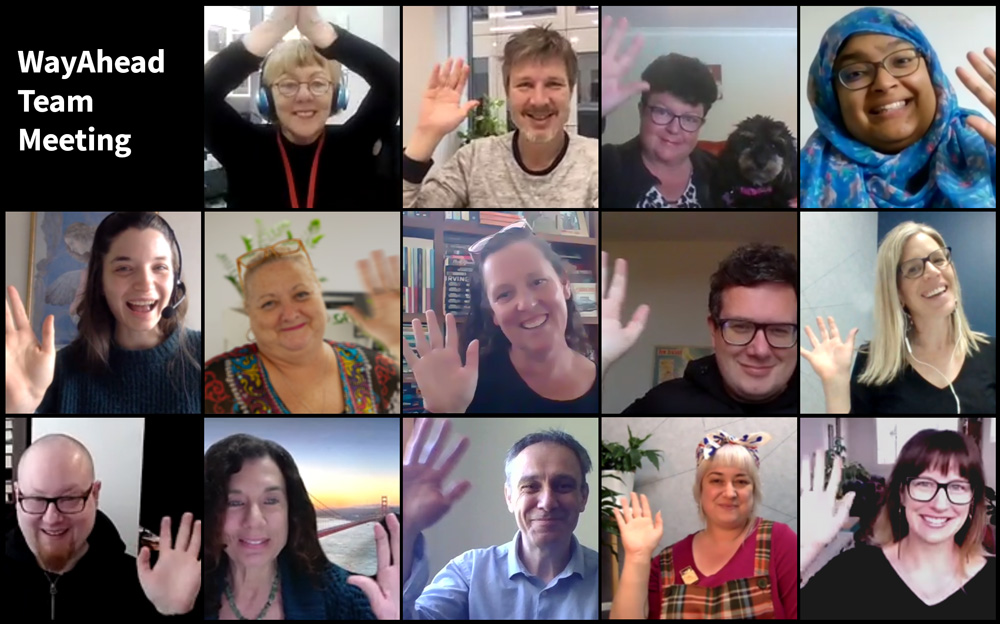What’s wrong with mum?
Laura always knew something was wrong with her mum. She just didn’t know what.
always knew something was wrong with her mum. She just didn’t know what.
She would walk into her mum’s bedroom in the middle of the day to find her asleep in pitch darkness. Other times, she would hear her mum laughing and talking to herself when no one was around. Laura and her younger brother Andrew were always left at day care while their mum stayed at home, and she could never understand why.
As Laura grew up, she discovered that her mum had schizophrenia, a mental illness that caused her mum to have psychotic experiences. What made her mum’s case unique was that her schizophrenia was triggered by the birth of Laura. After Laura was born, her mum suffered post-natal depression, which set off her schizophrenia.
While during this time Laura’s mum’s symptoms came into full effect, she says her dad recalls minor signs beforehand.
“I think from what it sounded like, it was a gradual slow thing—something odd here, something odd there—everything’s still cool but there’s a couple odd things. Then there was a big event where at some stage she thought someone was trying to kill her somehow. But she was functioning, she had a full time job, she was the life of the party, everyone loved her. Then I happened.”
Once Laura mum’s schizophrenia was triggered, she became unable to do simple everyday tasks.
Monitoring her mum’s illness was challenging. Laura’s extended family offered her no support and the case workers were consumer-orientated, meaning they did not address the family’s wider issues. Her mum was also inconsistent in taking her medication, as she did not like the side-effects it gave her and believed she wasn’t ill. As their father had a full-time job with little time for anything else, Laura became the family’s primary carer.
At a young age she was in charge of housework, including doing the dishes and making lunch for her dad to take to his job. She also became a parental figure for her brother Andrew, as she was responsible for looking after him.
“When I was caring for my mum, I didn’t know I was caring for her,” Laura says. “I didn’t know I was a carer. It was just part of life.”
Laura felt detached from her mum. She did not know how to cope with the situation, unaware of the underlying problem. They released their frustrations through constant arguments, which lead to an increasingly stressful home environment.
“If mum did the washing wrong because she was sick and accidentally messed up my clothes… You’re just not understanding what’s gone wrong and you end up screaming. And then my brother would start, and it was just chaos. That would happen all the time.”
At the age of 23, Laura went to live in Canada for 9 months, where she took time to reflect on her past.
“I went over to a big party town,” she says, “And you go and party for however many months on end, and you think, ‘How do people do this for so long? There has to be something more to life than this.’ So I think after the trivialities of all that, I came home and really evaluated what I wanted to do in life.
“I want to do something fulfilling, something where I can help people. And it just dawned on me… Mental health.”
Now, at the age of 26, Laura is studying a Diploma of Community Services, Mental Health, Alcohol and Other Drugs at TAFE.
She recently began a work placement at Mental Health Carers Arafmi NSW, where she has been offered a job in disability services.
While Laura feels regret about how she responded to her mum’s problems in the past, she has come to terms with the fact handled the situation to the best of her abilities.
“I now want to try and turn that experience into a whole new positive one. I want to go out and care and support people who might have a mental health problem, or their families who need some help. I can’t change the past, but hopefully I can change the future.”
Laura’s parents recently separated and this has had a positive impact on her mum. It has lessened tensions within the house, giving her mum a better quality of life.
Throughout her childhood Laura never felt like she experienced a mother-daughter bond, as she could not connect with her mum. Now she is able to visit her and talk over a cup of coffee, building a relationship that wasn’t there before.
“She still doesn’t have too many supports, but I think she’s a lot happier not being in a volatile environment,” Laura says. “She likes to take walks around the block and watch a favourite TV show, and enjoy things that maybe she didn’t enjoy so much previously.”
Laura feels great sympathy for all young carers, and understands how difficult it can be.
“As long as you show love and understanding for whoever you’re caring for—your parent, your sibling or whoever—that’s such a huge help to them. That’s all you can do. And kudos to you, you’re a great person. It takes a special person to do that kind of thing.”
– written by Naz Jacobs




